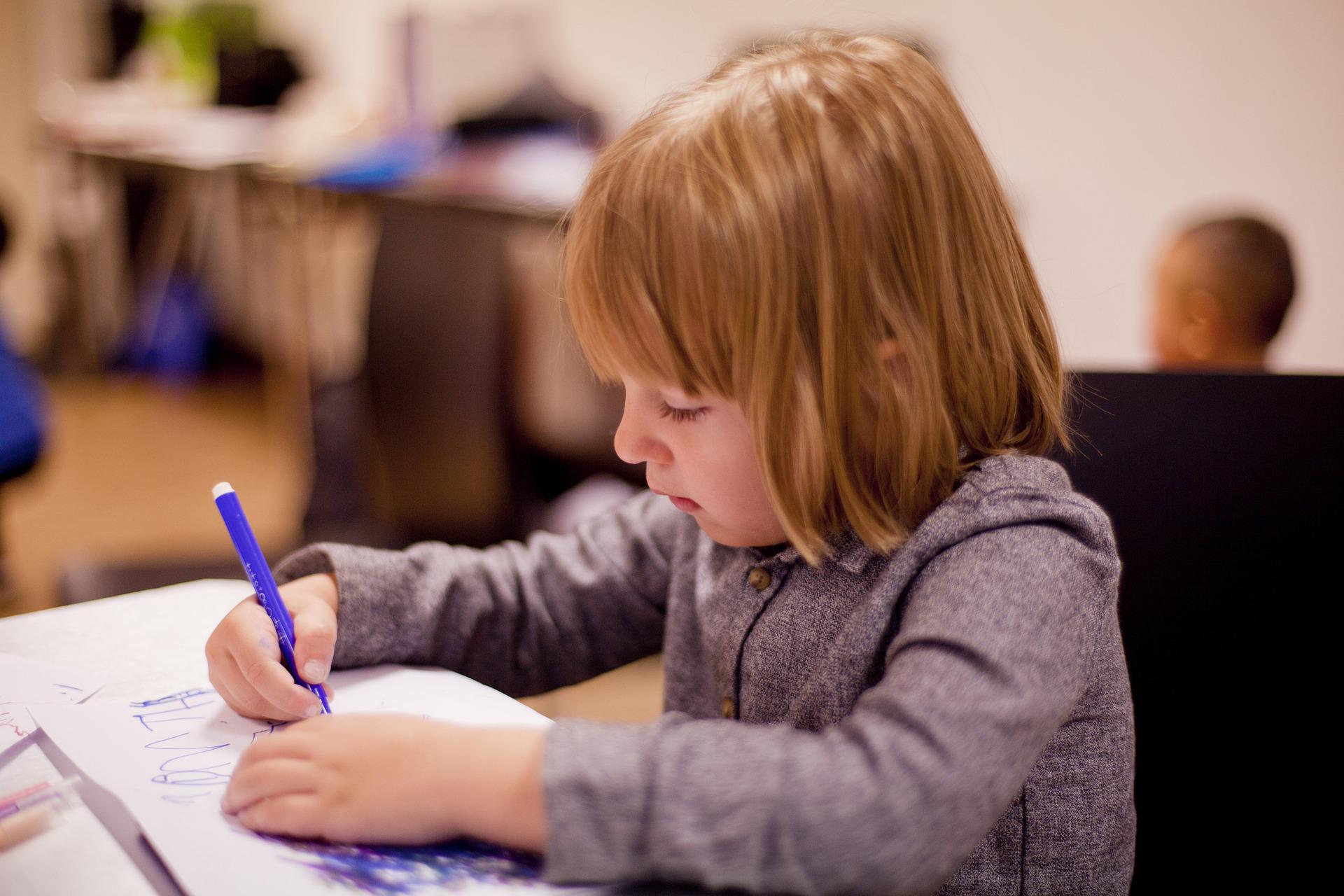
In early 2022 the United Nations Children’s Fund (UNICEF), the United Nations Educational, Scientific and
Cultural Organization (UNESCO), and the World Bank conducted a survey on the global effects of the Pandemic on education, and summarised their major findings entitled “Where are we on Education Recovery?“.
Their key findings were as follows:
- Two years into the pandemic, schools have been fully closed for 20 weeks, and partially closed for an additional 21 weeks, on average across countries.
- Data from the UNESCO Global Monitoring of School Closures reveal that about 1 in 10 countries had fully closed their schools for over 40 weeks.
- Schoolchildren around the world have missed an estimated 2 trillion hours – and counting – of in-person learning since the onset of the pandemic and subsequent lockdowns.
- The chain effect of school closures could be staggering and felt far beyond education. In addition to missed learning, school closures deprive children of the benefits to their safety, health, nutrition, and overall wellbeing provided by schools.
- Prolonged school closures have deepened existing disparities in education.
- Learning losses are worst for the most vulnerable children, particularly girls.
UN Secretary-General António Guterres said that without urgent action to recover learning that was lost before and during COVID-19, the world faces a generational catastrophe.
UNICEF, UNESCO, and the World Bank have proposed a comprehensive strategy for education recovery (RAPID):
Reach and Retain: tracking the number of children that are back in school, and retain them in school
Assess: measuring students’ current learning levels
Prioritize: prioritsing teaching the fundamentals
Increase: increase catch-up learning by implementing programmes at scale to address learning losses
Develop: providing additional measures so that every child is ready to learn
0 Comments